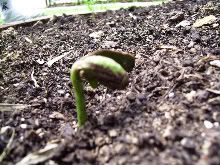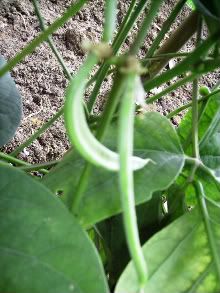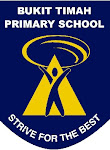Nomadic tribes (people who move from one place to another) use stones to cook their food. Here bread is being cooked on stones that are placed on fire.
Explain how you think the stone helps the bread to cook.
How is the process different from using a metal wok for example?
Would the cooking time be different if several smaller stones were used instead of one large piece?









2 comments:
Post a Comment